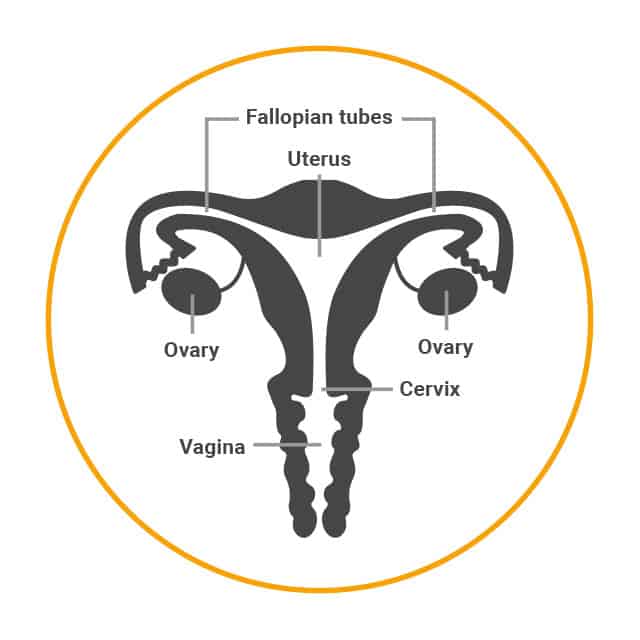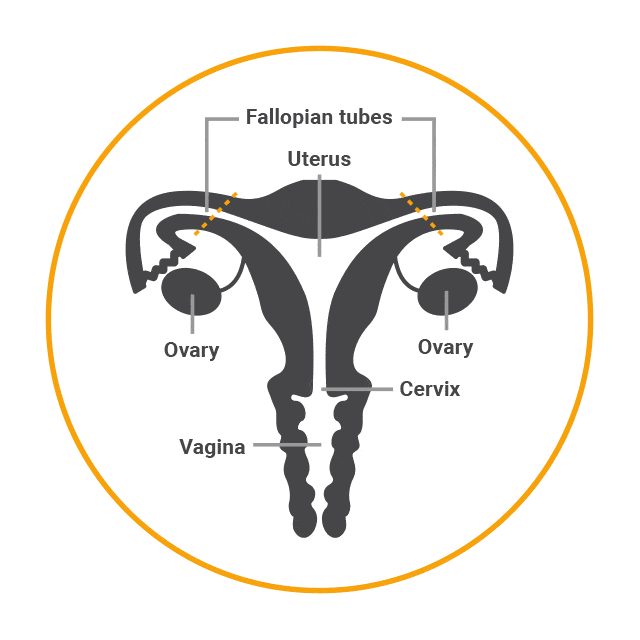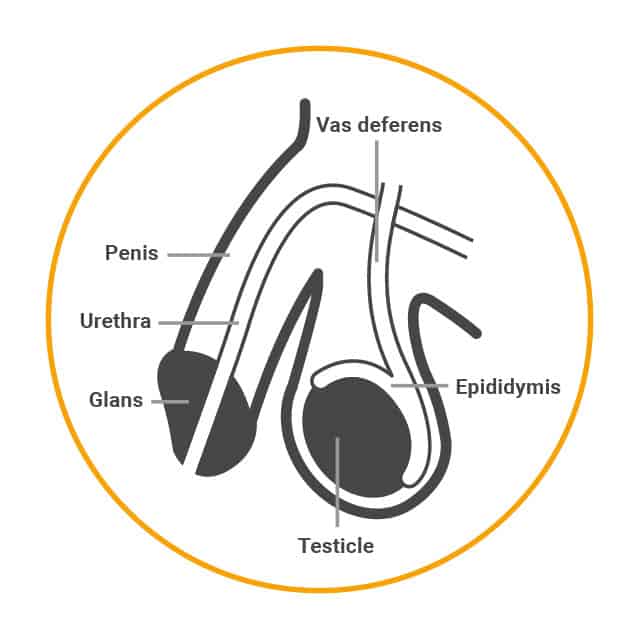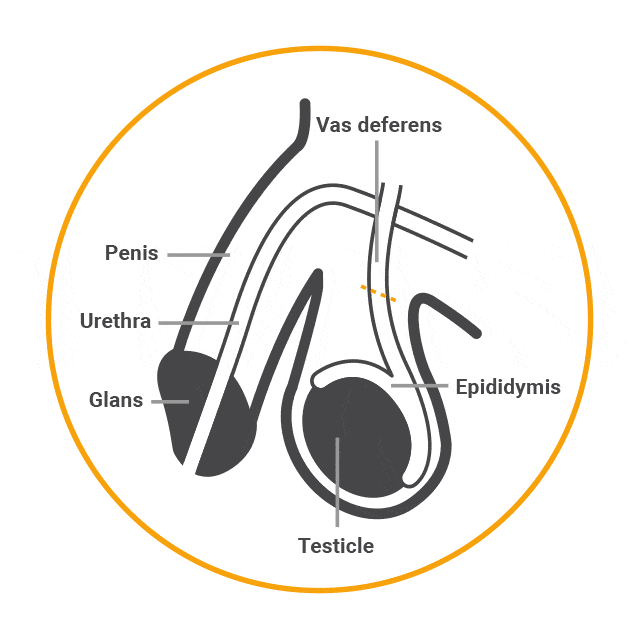Contraception
Permanent methods
Permanent methods of contraception involve male or female sterilisation.
Female sterilisation (tubal occlusion) involves cutting, sealing or blocking the fallopian tubes (which carry an egg from the ovary to the uterus (womb)).
Male sterilisation (vasectomy) is done by cutting and sealing or tying the vas deferens (the tube that carries sperm from the testicles to the penis).
While there is no official age limit for sterilisation, doctors will want to be sure that a person is 100% sure about having the procedure. If a young person requests sterilisation some doctors may not want to refer them, or may suggest that they get counselling first to make sure they have thought everything through.
If sterilisation is something you are considering, you may first want to find out about long-acting reversible contraception (LARC) methods, which are very effective and are reversible. The main types are the contraceptive implant, contraceptive injection, intrauterine device (IUD) and the intrauterine system (IUS).




Not sure which type of contraception is right for you? Worried because you’ve had sex without a condom? Let us help you choose the right option.
Further information on sterilisation and contraception
For detailed information on male and female sterilisation, please see the NHS website.
See the FPA website for a range of downloadable leaflets on contraception.
FREE STI kit
Take your own samples at home and return
them to us for testing, all for free…
Service locator
Need more help? Find local GPs, clinics and pharmacies to
provide further help and support…
Free condoms
Condoms are available for free from Umbrella
clinics and pharmacies, and from some GPs.